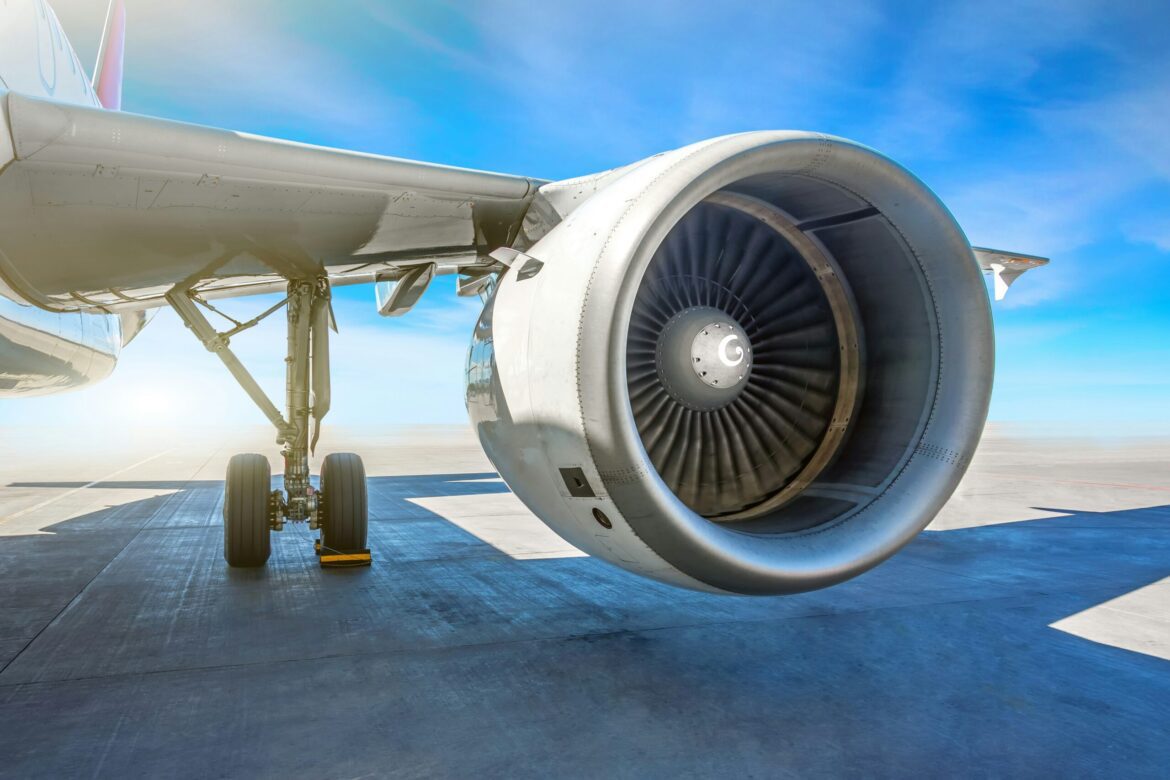Paving the Way for Sustainable Air Travel
On August 21, 2023, Boeing made a groundbreaking announcement that marks a pivotal moment in the aviation industry’s ongoing efforts to reduce its environmental impact. The company revealed plans to develop a zero-emission commercial aircraft that will be powered by hydrogen fuel cells, a clean alternative to traditional jet fuel. This ambitious project aims to eliminate carbon emissions from commercial aviation, setting the stage for a more sustainable future in air travel.
Harnessing Hydrogen for a Greener Future
The zero-emission aircraft, which is still in the early stages of development, will utilize hydrogen fuel cells to generate power. Unlike conventional aircraft engines that burn jet fuel and release carbon dioxide, hydrogen fuel cells produce only water vapor as a byproduct, making them a truly zero-emission solution. This shift to hydrogen-based propulsion could drastically reduce the aviation industry’s carbon footprint, helping meet global climate goals and curb the harmful effects of greenhouse gases.
With an expected range of up to 1,000 miles, the aircraft is ideally suited for short-haul domestic flights. Boeing’s design focuses on maximizing fuel efficiency, ensuring that the aircraft can operate sustainably while still meeting the demands of modern air travel. The potential to reduce emissions from these types of flights could have a substantial impact on the overall environmental footprint of the aviation industry, which has long been one of the most significant contributors to global CO2 emissions.
Responding to Growing Environmental Concerns
Boeing’s announcement comes at a time when governments, environmental organizations, and the aviation industry are under increasing pressure to address the climate crisis. The aviation sector has been exploring alternative fuels and technologies to reduce its environmental impact, with hydrogen emerging as one of the most promising options. By committing to the development of a zero-emission aircraft, Boeing is positioning itself as a leader in the shift toward greener aviation technologies.
The company has already begun collaborating with key partners in the hydrogen fuel sector to build the infrastructure needed for fueling and operating hydrogen-powered aircraft. This includes developing hydrogen refueling stations and ensuring that the necessary supply chain is in place to support widespread adoption of this clean technology in the commercial aviation market.
A Transformative Shift in Aviation Technology
Boeing’s zero-emission aircraft could be a game-changer for the commercial aviation industry. As environmental concerns continue to grow, this breakthrough in aircraft technology could pave the way for a more sustainable future in air travel. The development of hydrogen-powered aircraft will not only reduce the aviation industry’s reliance on fossil fuels but also help alleviate the environmental damage caused by aviation-related carbon emissions.
In addition to its potential environmental benefits, the introduction of zero-emission aircraft could also lead to a more sustainable aviation ecosystem as a whole. With fewer carbon emissions and a cleaner energy source, the aviation industry could significantly reduce its impact on the planet, making air travel more environmentally friendly and aligning with global sustainability goals.
Boeing’s Commitment to a Greener Future
Boeing’s focus on developing zero-emission aircraft aligns with the company’s long-term vision to transform the aviation industry and significantly reduce emissions across the sector. As one of the world’s leading aircraft manufacturers, Boeing has a responsibility to help drive the future of sustainable air travel, and this new project represents a major step in that direction.
By embracing hydrogen fuel cell technology and committing to a zero-emission future, Boeing is taking a bold leap forward in the pursuit of a greener, more sustainable aviation industry. The company’s work in this area could serve as a model for other manufacturers in the sector, catalyzing further innovation and the adoption of clean energy solutions for air travel.
As Boeing continues to develop and refine its zero-emission aircraft, the implications for the future of air travel are profound. With hydrogen technology leading the way, the next generation of commercial aircraft could soon take to the skies with minimal environmental impact, helping to reshape the future of global aviation for years to come.

